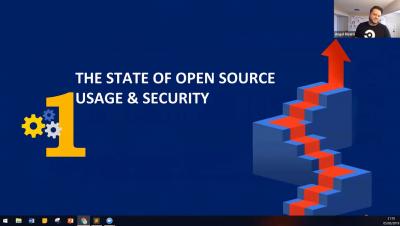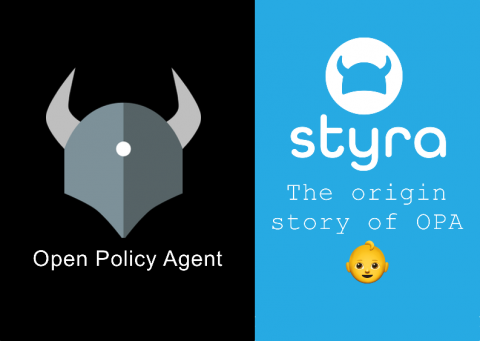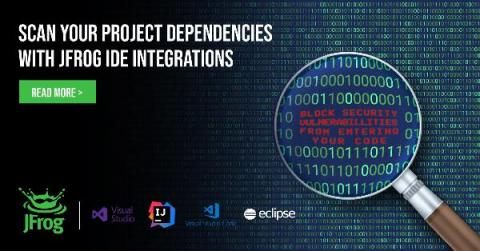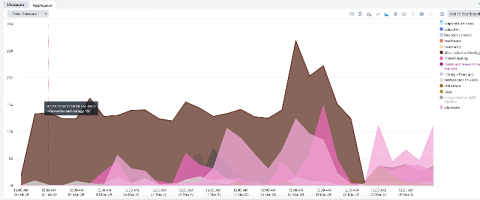Security | Threat Detection | Cyberattacks | DevSecOps | Compliance
DevOps
The origin of Open Policy Agent and Rego
Why the cloud-native architecture required a new policy language I recently started a new series on the Open Policy Agent (OPA) blog on why Rego, OPA’s policy language, looks and behaves the way it does. The blog post dives into the core design principles for Rego, why they’re important, and how they’ve influenced the language. I hope it will help OPA users better understand the language, so they can more easily jump into creating policy of their own.
Open Source Analysis Extends Your Visibility
When we think of open source analysis, security is often the first thing that comes to mind. But open source analysis is so much more than just security. It gives you visibility into your codebase to help you understand and manage your open source components. In this blog, we’ll define open source analysis, look at why it’s important to your business, and describe the characteristics of an effective open source analysis framework.
April Open Source Security Vulnerabilities Snapshot
Oh what a difference a month makes! When we launched our new monthly open source vulnerabilities snapshot series last month, we didn’t imagine that the following post would be researched and written by an unexpectedly remote team.
Surviving The Upside Down
If you were running a business that was not oriented to remote work, it has been completely turned upside down. Even if you were “remote-only”, it is likely going to be tough sledding for the foreseeable future given the resulting economic downturn.
Block Security Vulnerabilities from Entering Your Code
As continuous software deployments grow and become the accepted standard, security measures gain even more importance. From development and all the way through to production, security requirements should be adopted by all teams in an organization. JFrog IDE integrations provide security and compliance intelligence to the developer right from within their IDE.
Gravity: Run Cloud-Native Applications in Uncharted Territory
Gravity: Running Cloud Applications in Remote, Restricted and Regulated Environments.
How to SSH Properly
There’s no denying that SSH is the de facto tool for *nix server administration. It’s far from perfect, but it was designed with security in mind and there’s been a huge amount of tooling written over the years to make it easier to use. In addition, many popular products and just about every server deployment system integrates with SSH somehow.











